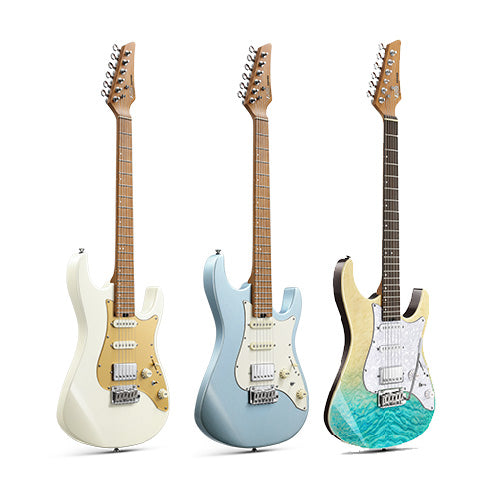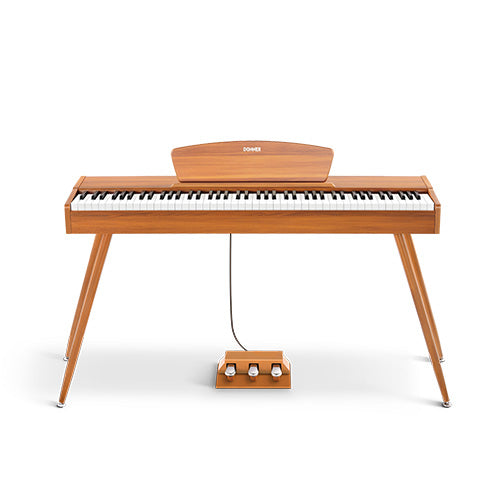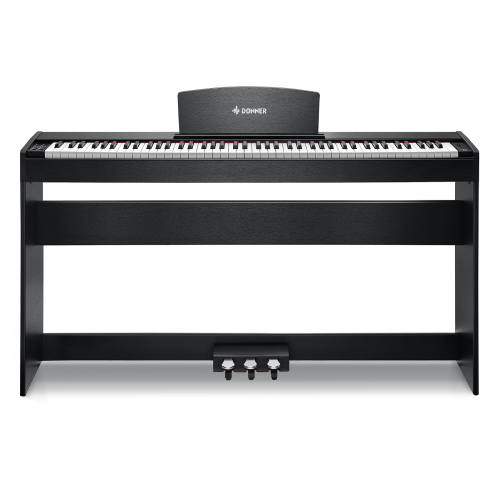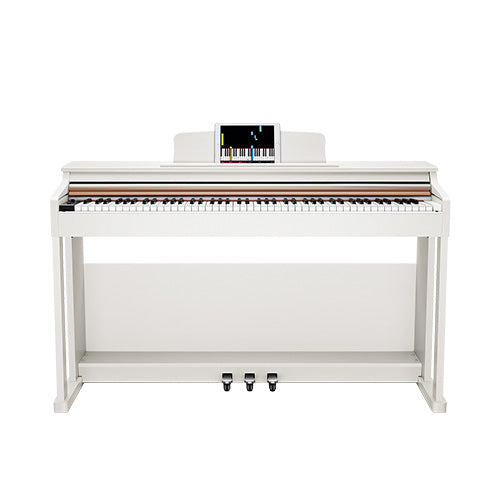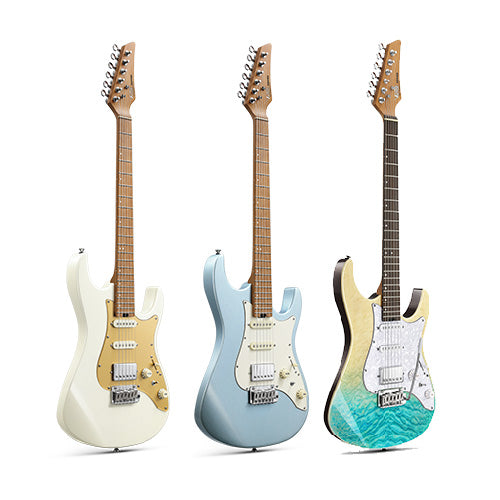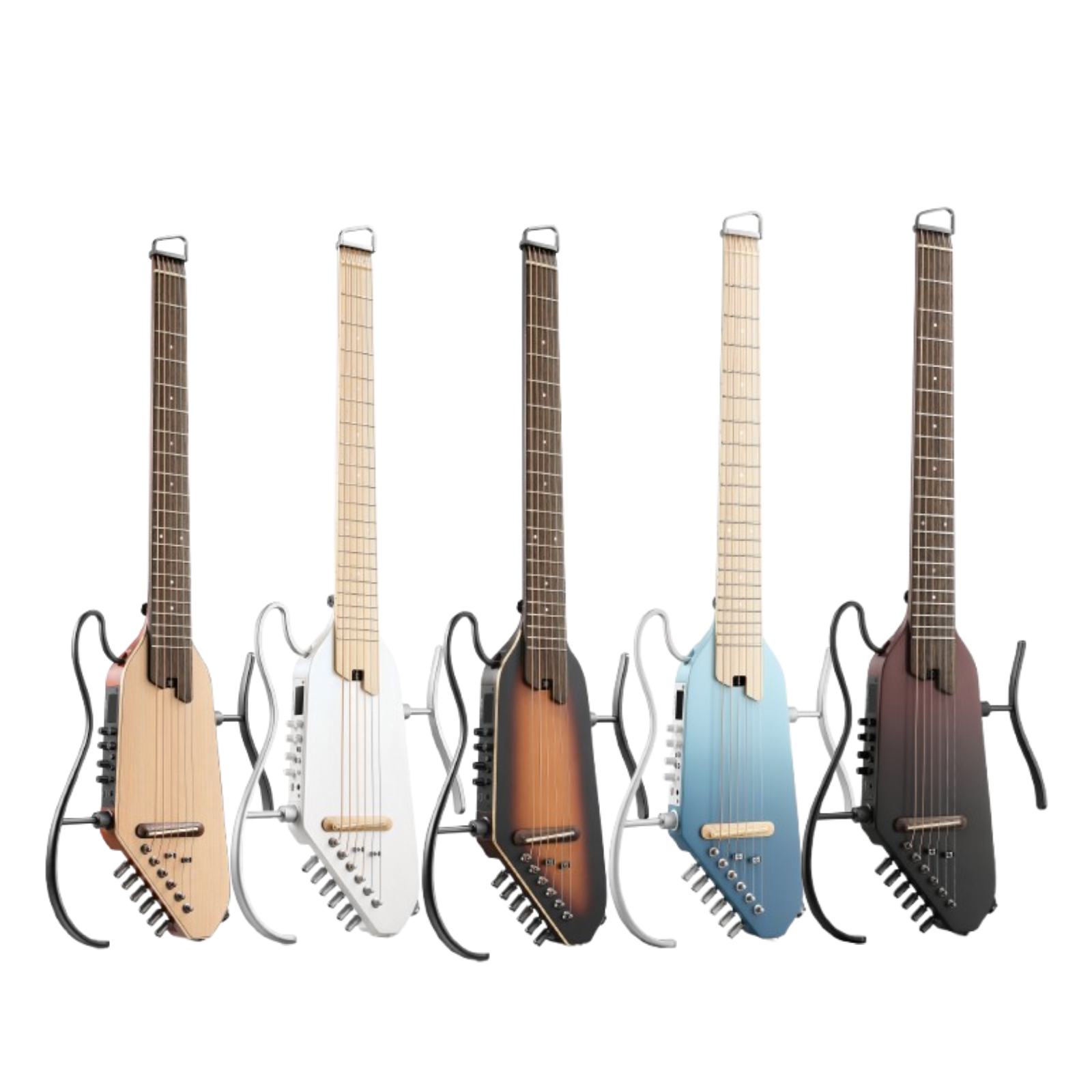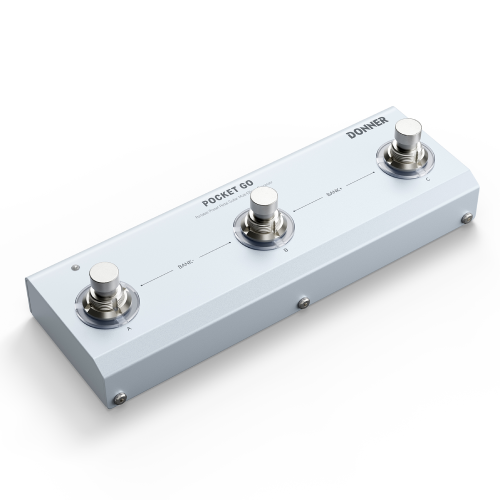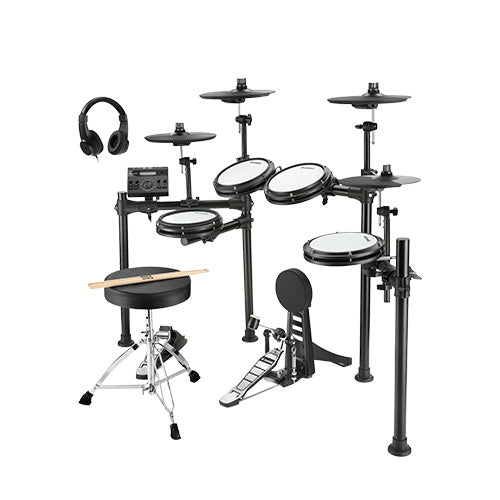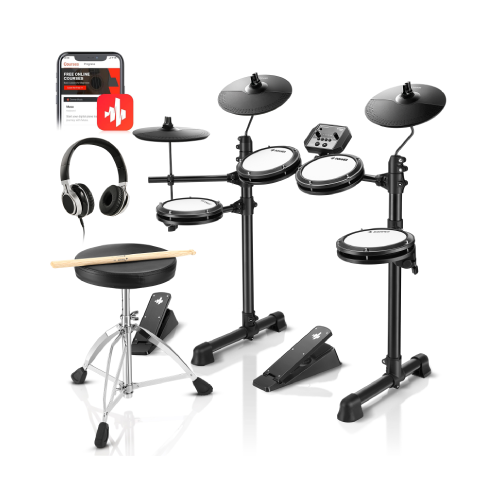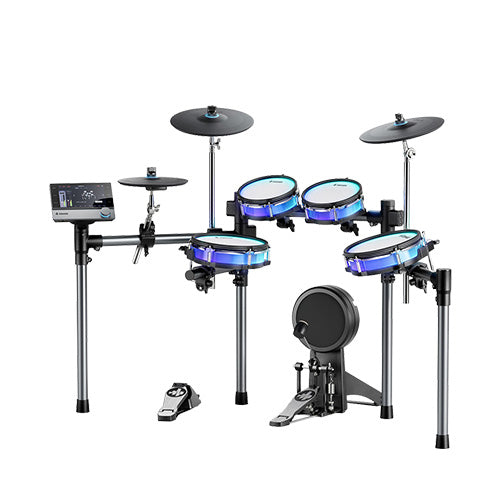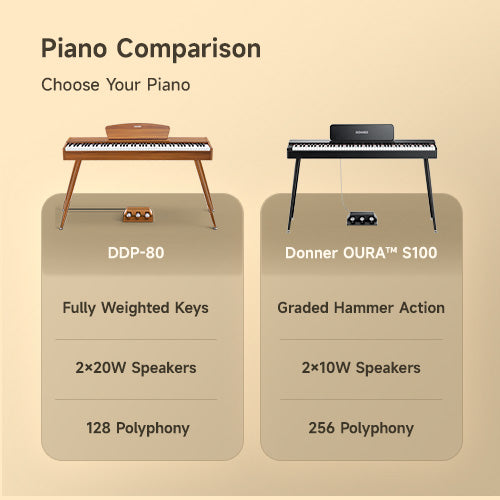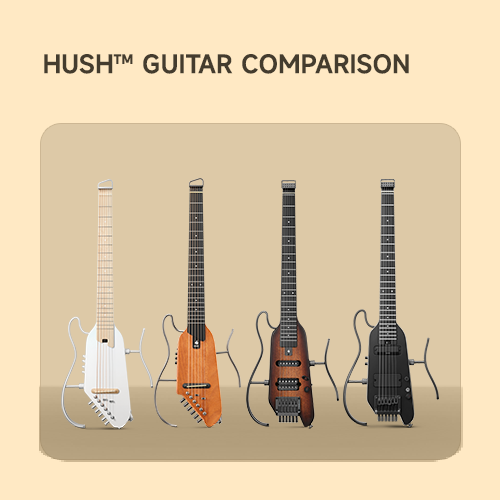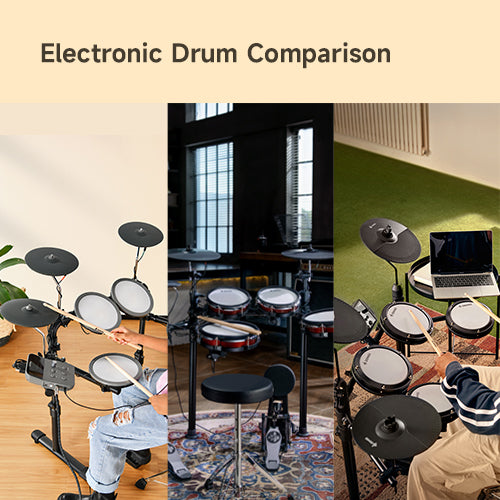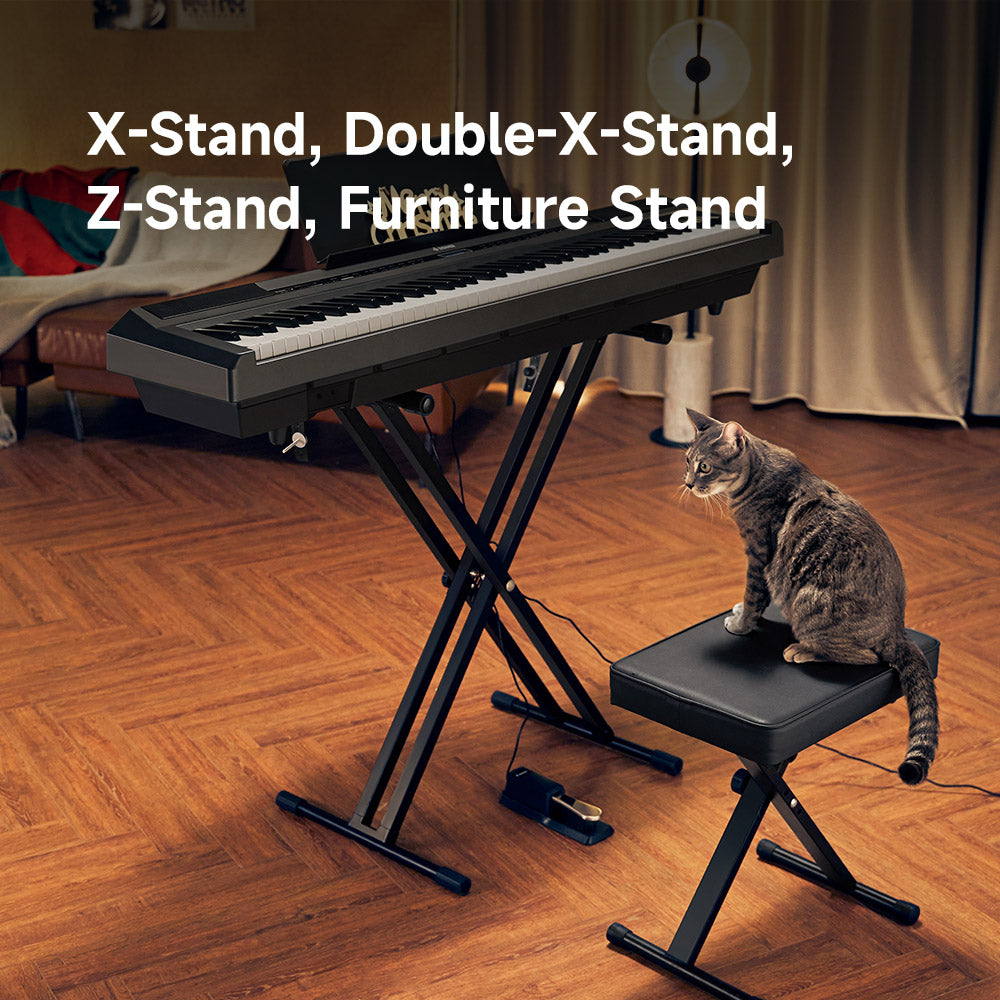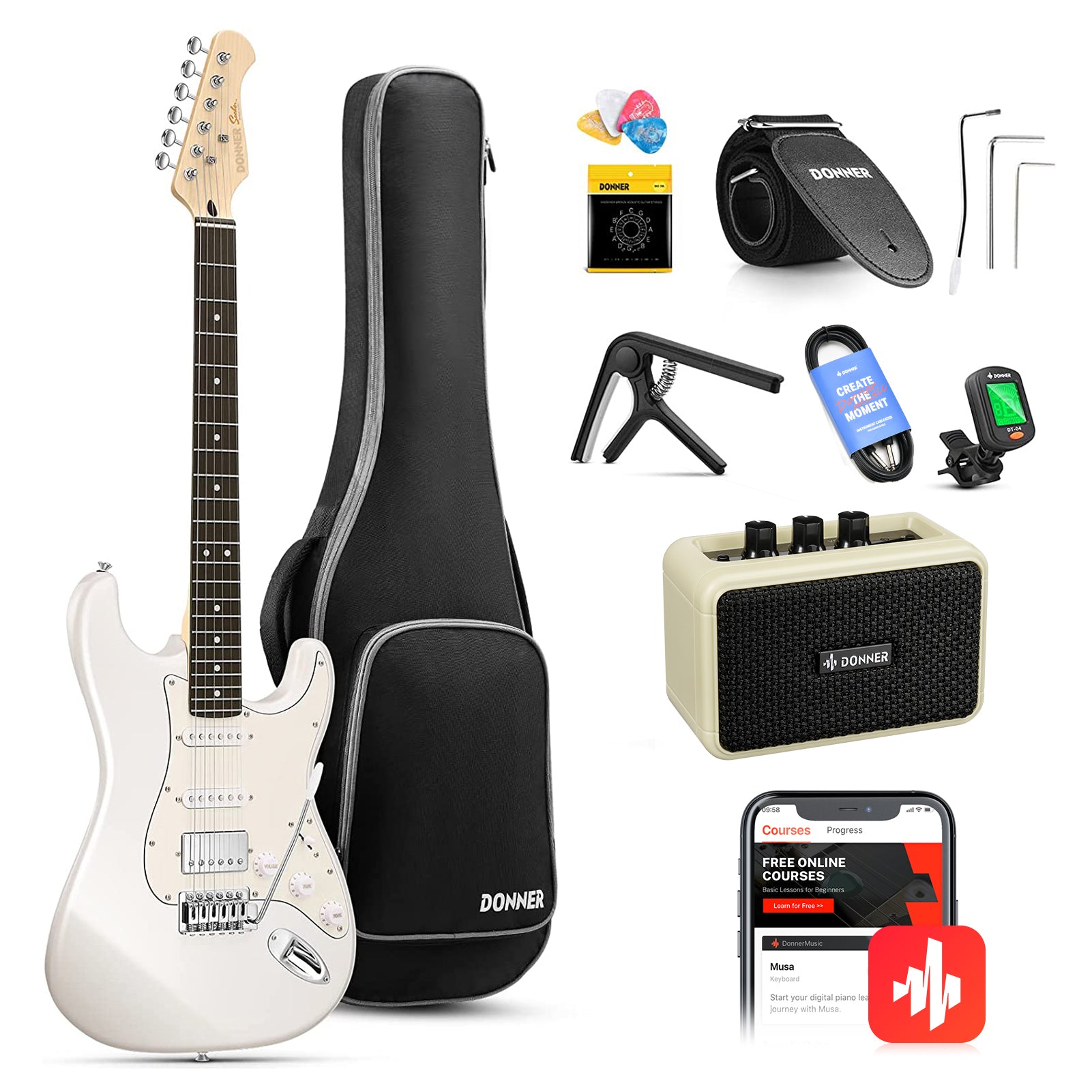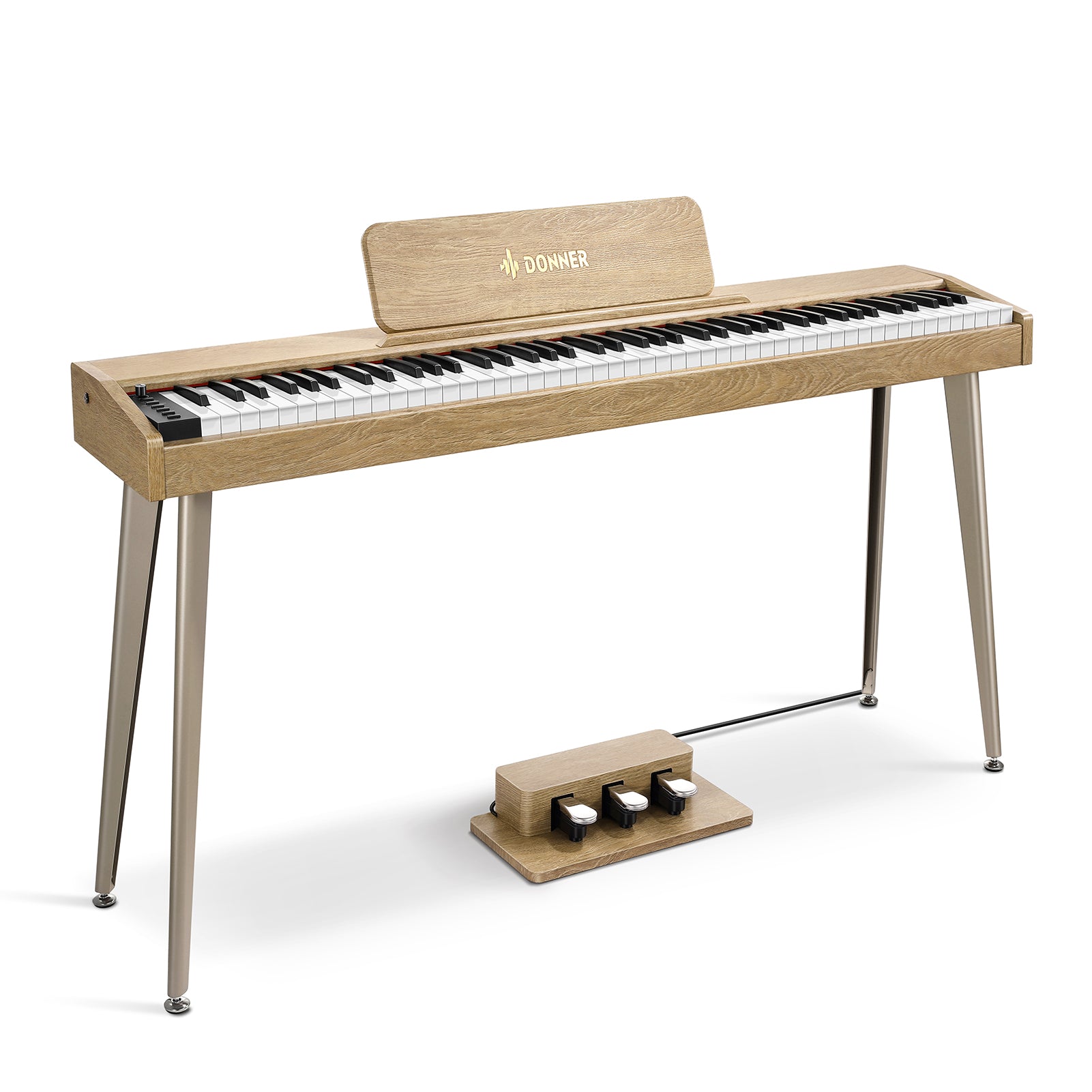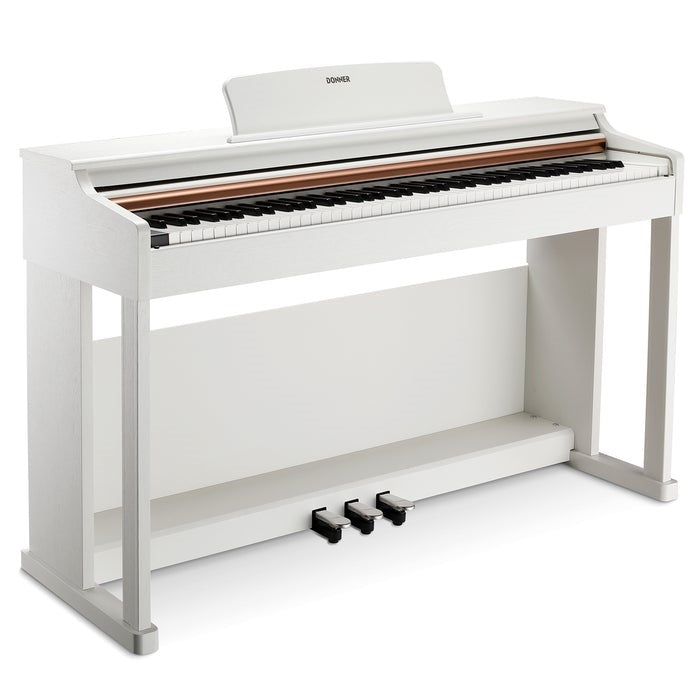Playing the piano isn't just about practicing; it's about purposeful, structured practice that yields tangible results. One invaluable tool that often goes overlooked is the piano diary. Whether in a physical notebook or a digital journal, a piano diary acts as a compass, guiding you through your musical journey and boosting your progress in multifaceted ways.
Understanding the Piano Diary
What is a Piano Diary?
A piano diary is a documented record of your piano practice sessions. It serves as your practice logbook, recording practice details, thoughts, challenges, and achievements during each session.
Benefits of Writing a Piano Diary
- Track Progress: By consistently documenting your practice sessions, you'll have a clear overview of your development over time. It helps identify areas of improvement and offers encouragement when reflecting on past achievements.
- Accountability & Consistency: It instills discipline and accountability in your practice routine. By setting goals and logging your efforts, you're more likely to stay committed to your practice schedule.
- Reflective Learning: Reflecting on your practice sessions allows you to analyze what works and what doesn't. This self-assessment fosters better learning, helping you refine your practice methods.
- Inspiration and Creativity: A piano diary isn't solely about logging practice; it's a creative outlet too. It's a space to jot down musical ideas, inspirations, and thoughts, nurturing your creativity.

How to Start Writing a Piano Diary
- Set Specific Goals: Begin each practice session with specific goals in mind. Outline what techniques, pieces, or exercises you aim to work on.
- Document Your Practice: Record details of what you practiced, areas of focus, and challenges encountered. Include breakthroughs or improvements made during the session.
- Reflect and Review: Take time to reflect on your practice. Note your feelings, successes, and areas you need to concentrate on further.
Physical Notebook or Digital Journal?
Both physical notebooks and digital journals offer unique advantages when keeping a piano diary:

Physical Notebook:
- Tangible Experience: Writing by hand can provide a tactile connection that enhances memory retention and emotional expression.
- Personalization: Customize your diary with sketches, doodles, and handwritten notes, allowing for creativity and a sense of ownership.
- Reduced Screen Time: Away from screens, using a physical notebook offers a break from digital devices, reducing eye strain and screen fatigue.
- Portability: Easy to carry around, enabling you to write down ideas or reflections whenever inspiration strikes, without relying on technology.
Digital Journal:
- Accessibility: Access your diary across multiple devices like phones, tablets, and computers, ensuring your entries are always available and backed up.
- Multimedia Integration: Insert photos, audio recordings, or videos to complement written entries, adding depth and visual representation.
- Organizational Tools: Use features like tags, categories, and search functions for better organization and quick retrieval of specific entries.
- Editing Flexibility: Easily edit, rearrange, or add to entries without worrying about clutter or mistakes, providing a cleaner and neater record.
- Security: Many digital platforms offer password protection or encryption, ensuring privacy and security of your entries.
Choosing between a physical notebook and a digital journal ultimately depends on personal preference, habits, and how you intend to use and engage with your piano diary. Some people prefer the tactile nature of a physical notebook, while others appreciate the versatility and accessibility of a digital journal. Experimenting with both can help determine which format best suits your needs and preferences for your piano diary.

Structuring Your Piano Diary
- Date & Time: Log the date and time of your practice session.
- Practice Goals: Define specific objectives for each practice session.
- Practice Log: Detail what you practiced and areas of focus.
- Progress & Achievements: Record improvements or breakthroughs.
- Reflections: Reflect on what worked well and what didn't during the practice.
- Notes & Observations: Jot down observations and potential changes needed.
- Inspiration & Ideas: Capture any musical inspirations or creative concepts that emerge.
- Feedback (Optional): Include any feedback received from a teacher or mentor.
- Track Progress: Periodically review earlier entries to track your progress.
- Miscellaneous: Leave space for additional thoughts or ideas.
By embracing a structured approach to documenting your practice sessions in a piano diary, you'll witness significant growth in your piano playing skills. It's a small step that can yield tremendous results in your musical journey.
Conclusion
Unlock your progress and experience the joys of structured practice with a piano diary—it's more than just writing; it's the key to your musical evolution. Start writing a piano diary from 2024, make it your habit!




